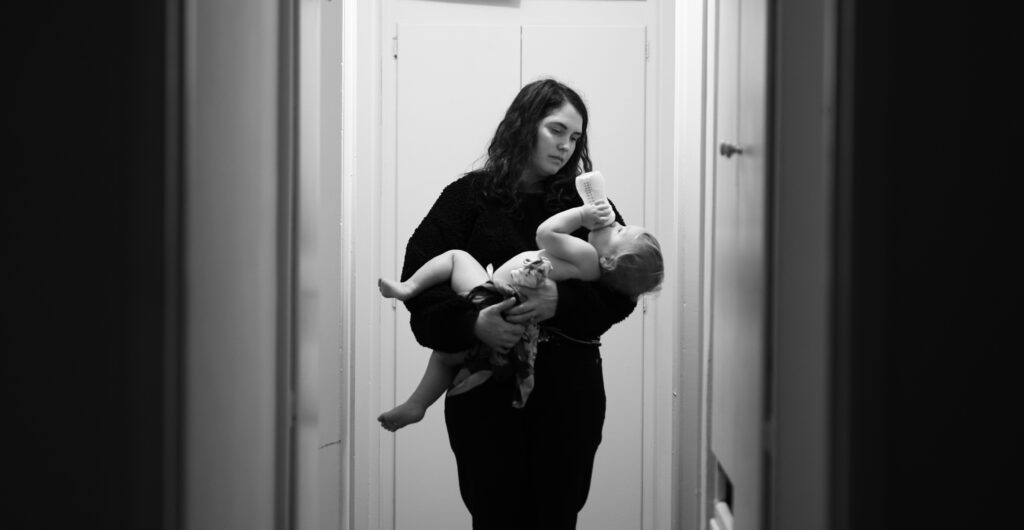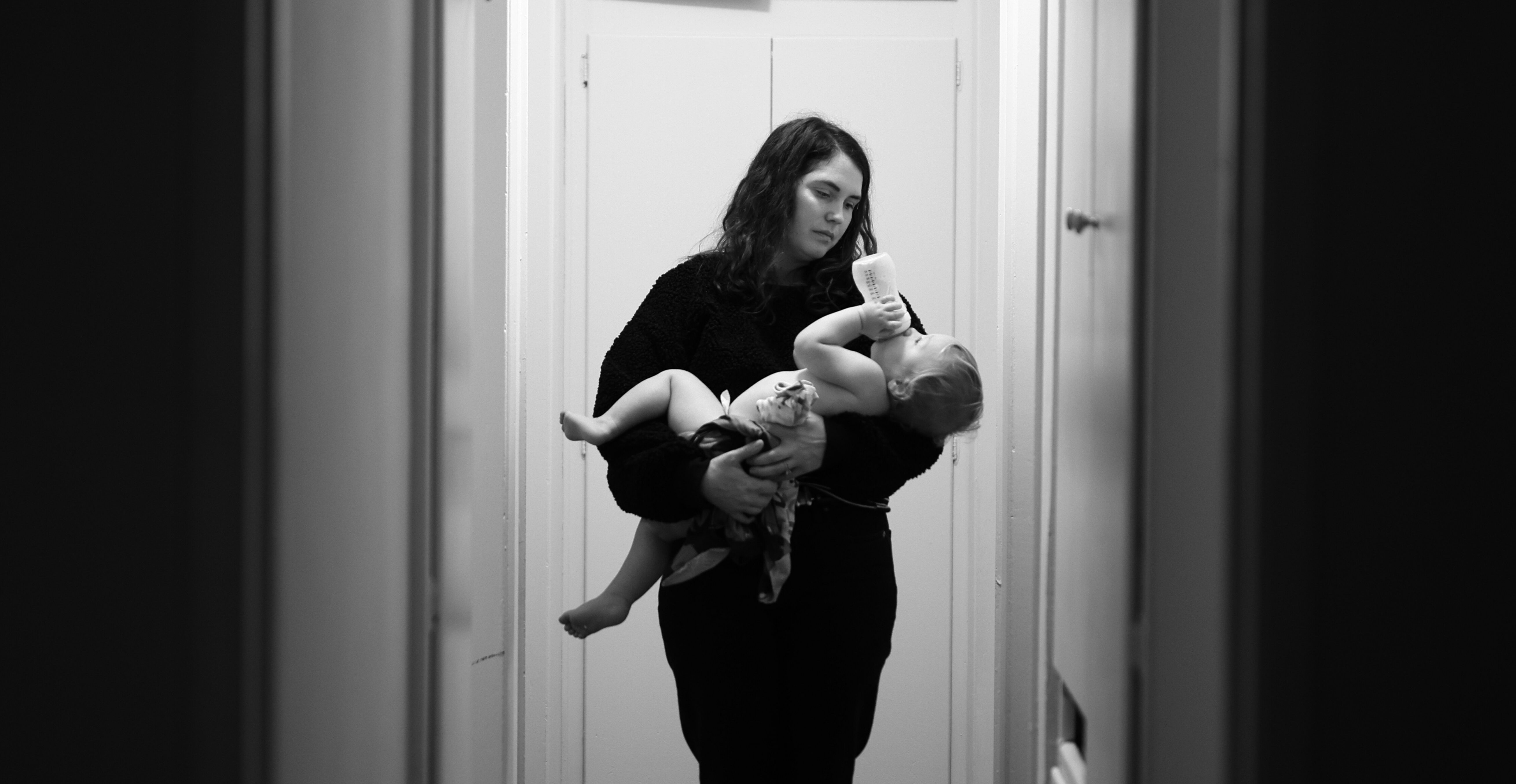In November 2022 I wrote a blog about our research on maternal well-being, infant feeding and return to work funded by the Nuffield Foundation, as we launched our project’s mother’s survey. In this follow up blog, on International Women’s Day I provide an update on the project and some emerging findings.

The project aims to explore the wellbeing, opportunities, and workplace experiences of new mothers in the UK who want to continue to breastfeed on return to paid work. Research by Professor Amy Brown has shown that not meeting their breastfeeding goals has a negative impact on mother’s wellbeing, known as breastfeeding grief. One potential barrier to continuing to breastfeed as long as a mother and/or their child wishes in the way they want is return to work.
We had a great response to our mother’s survey with 1,865 respondents. Alongside our mother’s survey, to date, we have run 61 interviews and 8 focus groups with mothers to delve deeper into the survey findings. These covered lived experiences of those who had continued to breastfeed upon return to work, those who had stopped and those who had not yet returned to work.
Employers’ legal obligations
Supporting breastfeeding employees not only benefits the employees but also the employer, for example, by reducing skill/talent loss and increasing the productivity of returning mothers. There are relatively few legal obligations required of employers and our survey results suggests there is room for improvement in workplace practice.
The UK Health and Safety Executive (HSE) state employers must provide breastfeeding employees somewhere suitable to rest. Although not legal requirements, the HSE states this area should be hygienic and private so employees can express breast milk should they wish to, with facilities such as a fridge to store expressed milk. Toilets are listed as an unsuitable place to express breastmilk. Despite this, shockingly, 26% of those in our survey who had expressed milk at work had done so in the toilets. The HSE also states employers are required to consider risks to breastfeeding employees (and their children) through an individual health and safety risk assessment, but only 26% of our breastfeeding employee sample had a risk assessment on return to work.
Our survey suggests workplaces fall short in the facilities provided. Only 13% of our employed sample stated they were aware of somewhere for breastfeeding employees to rest, although 40% said there was somewhere to breastfeed/express milk. 45% said there were facilities to store breast milk. The fridge is a big source of anxiety, with concerns around the fridge temperature and cleanliness and uncomfortableness around storing their breast milk with their ‘colleagues’ lunch’. Other common concerns related to lack of privacy for expressing milk/breastfeeding and poor execution of facilities. For example, facilities being hard to access, for example, locked or far from their workspace, or lack of facilities to clean pumping equipment.
Workplace support
Women in our survey and interviews were asked what support they would have liked. There are some several steps employers can take to better support breastfeeding employers. We summarised some of these steps in a storyboard.
A good place to start is for employers to have a clear and transparent breastfeeding policy. Only 23% of our employed sample stated they were aware their employer had a breastfeeding policy. Mothers felt the burden was on them to seek out information and ask for what they needed to accommodate breastfeeding, and they would have liked their employer/line manager to initiate that conversation. Mothers wanted reassurance that they would be returning to a suitable and safe environment and wanted this conversation as early as possible. Agreement and clarity around breaks – for example, whether they are paid or unpaid, and whether they are expected to use scheduled breaks – would help to relieve the pressure some women felt from fitting expressing/breastfeeding around work.
Ensuring there is an easily accessible private and clean place to express breastmilk, with a fridge (with a thermometer) can go a long way to supporting breastfeeding employees. Other things our respondents would have liked included longer, better-paid maternity leave, a phased return (to allow time for their bodies and their child to adjust) and better emotional support in the workplace.
Next steps
As is common, our survey had an under-representation of responses from traditionally under-represented groups such as ethnic minorities and those from lower socio-economic backgrounds. We are currently working with Dr Alice Mpofu-Coles on engaging with local communities to capture a wider set of voices in our research. We will shortly move onto capturing the employer perspective by running two surveys for HR professionals and line managers. We then hope to follow this up with employer focus groups.
To find out more about the project see our website or follow our Facebook page or on Twitter.
Sarah Jewell is a Professor of Economics at the University of Reading. Meet Sarah Jewell – researcher profile for National Careers Week 2024.

